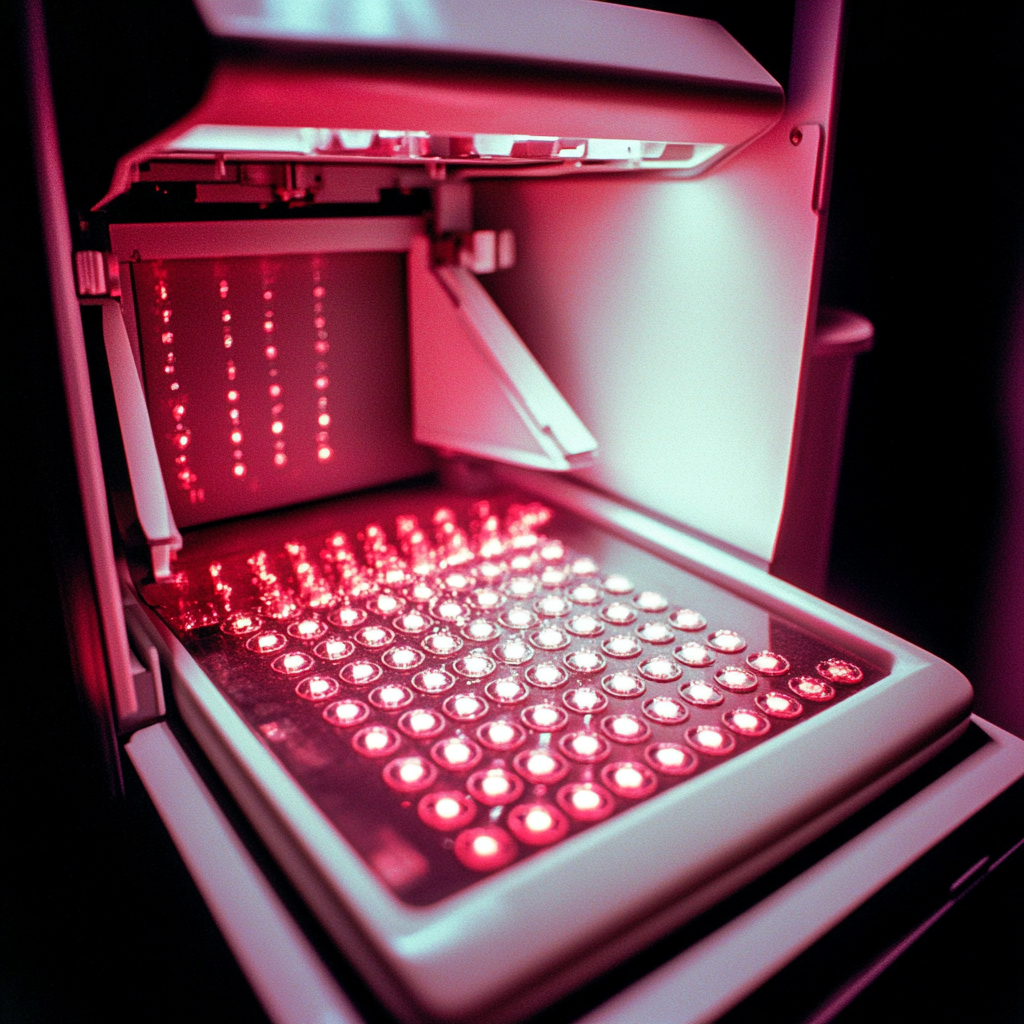Understanding the KLASS-12 Trial Results
The KLASS-12 trial looked at two types of surgery for early gastric cancer: reduced-port laparoscopic gastrectomy (RPLG) and conventional 5-port laparoscopic gastrectomy (CPLG). This study aimed to see if RPLG is just as safe and effective as CPLG.
What Worked?
- Safety: Both surgeries had similar rates of complications. RPLG had a complication rate of 10.4%, while CPLG had 9.2%.
- Less Pain: Patients who had RPLG reported less pain on the fifth day after surgery compared to those who had CPLG.
- Feasibility: RPLG is a safe option for patients with early gastric cancer.
What Didn’t Work?
- No Major Differences: There were no significant differences in the number of lymph nodes removed, the need for additional surgery, or the length of hospital stay between the two groups.
How Does This Help Patients and Clinics?
- Patients can choose RPLG as a safe alternative to CPLG, which may lead to less pain after surgery.
- Clinics can offer RPLG as a new option for treating early gastric cancer, potentially improving patient satisfaction.
Real-World Opportunities
- Hospitals can start using RPLG for suitable patients, expanding their surgical options.
- Doctors can educate patients about the benefits of RPLG, helping them make informed choices.
Measurable Outcomes to Track
- Monitor complication rates after RPLG and CPLG surgeries.
- Assess patient pain levels post-surgery.
- Evaluate the length of hospital stays for both types of surgery.
AI Tools to Consider
- AI can help analyze patient data to identify who might benefit most from RPLG.
- AI tools can assist in tracking patient outcomes and improving surgical techniques.
Step-by-Step Plan for Clinics
- Start Small: Begin by training a few surgeons in RPLG techniques.
- Gather Data: Track outcomes and patient feedback on RPLG surgeries.
- Expand Gradually: As confidence grows, increase the number of RPLG surgeries performed.
- Educate Staff: Provide ongoing training and information to all surgical staff about RPLG.
For more details on this research, you can read the full study here.




























